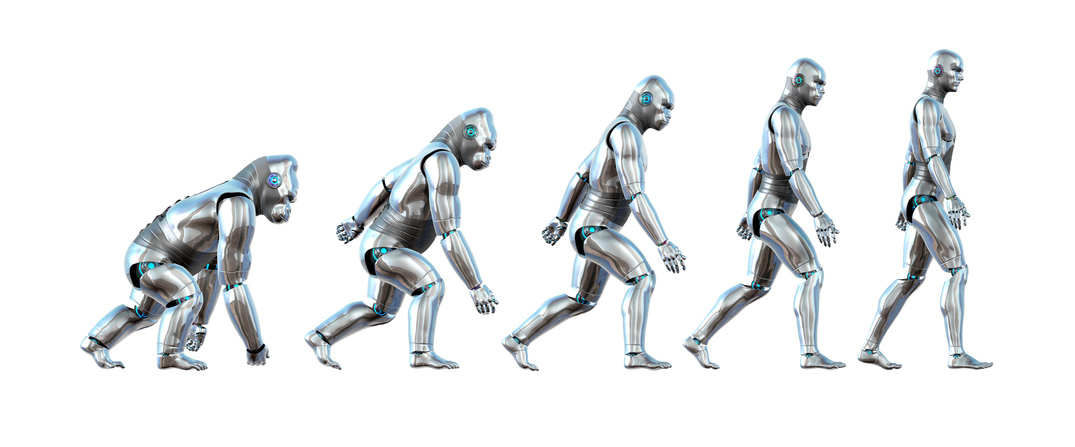Podcast: Play in new window | Download | Embed
Subscribe: RSS
 Prof. Aaron Benanav has devoted his life to studying unemployment. Given that automation, technological unemployment, and universal basic income have become hot political and economic issues across the world, it was about time to have a podcast episode exclusively on those topics. I hope you enjoy it and learn as much from Aaron as I did.
Prof. Aaron Benanav has devoted his life to studying unemployment. Given that automation, technological unemployment, and universal basic income have become hot political and economic issues across the world, it was about time to have a podcast episode exclusively on those topics. I hope you enjoy it and learn as much from Aaron as I did.
During this near 2-hour-long interview with Aaron Benanav, we cover a variety of interesting topics such as: why he is a historian of unemployment; the biggest issues humanity is facing today; why we should all care about unemployment and the problems of defining and measuring it; the relationship between automation, jobs, productivity, and output; why the term technological unemployment is inaccurate and misleading; productivity growth, job churning, labor demand and economic growth; the false alarmism on technological disruption and his own research on automation and the future of work; the capitalist incentive to replace rather than to enhance and empower; technological unemployment and universal basic income [UBI] from the left and the right; oversupply of capital, undersupply of investment opportunities and secular stagnation; John Maynard Keynes and the Economic Possibilities of Our Grand Children; modern monetary policy, post-scarcity, and capitalism.
My favorite quote that I will take away from this conversation with Aaron Benanav is:
Don’t fear technological unemployment but long term tendency for stagnation.
As always you can listen to or download the audio file above or scroll down and watch the video interview in full. To show your support you can write a review on iTunes, make a direct donation or become a patron on Patreon.

 At Borg LaborGroup ServisesProducts (BLS) – the largest and leading ‘machine employment agency’ – times are getting giddy and sweet due to the recent $15 per hour minimum wage hike for low-skilled human beings. For technology everywhere it is Christmas, New Years and Happy Birthday all rolled into one. The long, hard slog of machines trying to become stronger, faster, more accurate, more adaptable and continuously and perpetually less expensive, in order to compete, has been made far more comfortable.
At Borg LaborGroup ServisesProducts (BLS) – the largest and leading ‘machine employment agency’ – times are getting giddy and sweet due to the recent $15 per hour minimum wage hike for low-skilled human beings. For technology everywhere it is Christmas, New Years and Happy Birthday all rolled into one. The long, hard slog of machines trying to become stronger, faster, more accurate, more adaptable and continuously and perpetually less expensive, in order to compete, has been made far more comfortable.
 About the Author:
About the Author: